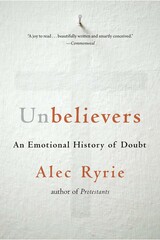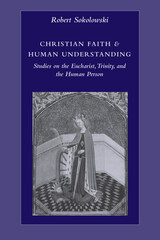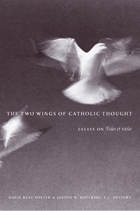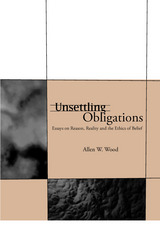Desiring Theology
University of Chicago Press, 1994
Paper: 978-0-226-90213-5 | Cloth: 978-0-226-90212-8
Library of Congress Classification BT28.W584 1995
Dewey Decimal Classification 230.01
Paper: 978-0-226-90213-5 | Cloth: 978-0-226-90212-8
Library of Congress Classification BT28.W584 1995
Dewey Decimal Classification 230.01
ABOUT THIS BOOK | AUTHOR BIOGRAPHY | TOC | REQUEST ACCESSIBLE FILE
ABOUT THIS BOOK
One of the foremost scholars exploring the intersection of theology and continental philosophy, Charles E. Winquist argues for the possibility of theological thinking in a postmodern secular milieu. Moving beyond the now familiar reiteration of postmodernity's losses—the death of God, the displacement of the self, the end of history, the closure of the Book—Winquist equates a desire to think theologically with a desire, amidst postmodernity's disappointments, for a thinking that does not disappoint. To desire theology in this sense is to desire to know an "other" in and of language that can be valued in the forming of personal and communal identity. In this book, "desiring theology" carries another sense as well, for Winquist argues that, in the wake of psychoanalysis, theology must elaborate the meaning and importance of desire in its own discourse.
Winquist's work is tactical as well as theoretical, showing what kind of work theology can do in a postmodern age. He suggests that theology is closely akin to what Gilles Deleuze and Felix Guattari refer to as a minor intensive use of a major language. The minor intensive theological use of language, Winquist argues, pressures the ordinary weave of discourse and opens it to desire. Thus theology becomes a work against "the disappointment of thinking." Deeply engaged with the work of Nietzsche, Derrida, Tillich, Robert P. Scharlemann, and Mark C. Taylor, among others, this book is a significant addition to contemporary theology.
Winquist's work is tactical as well as theoretical, showing what kind of work theology can do in a postmodern age. He suggests that theology is closely akin to what Gilles Deleuze and Felix Guattari refer to as a minor intensive use of a major language. The minor intensive theological use of language, Winquist argues, pressures the ordinary weave of discourse and opens it to desire. Thus theology becomes a work against "the disappointment of thinking." Deeply engaged with the work of Nietzsche, Derrida, Tillich, Robert P. Scharlemann, and Mark C. Taylor, among others, this book is a significant addition to contemporary theology.
See other books on: Christian Theology | Deconstruction | Philosophy, Modern | Postmodernism | Theology
See other titles from University of Chicago Press
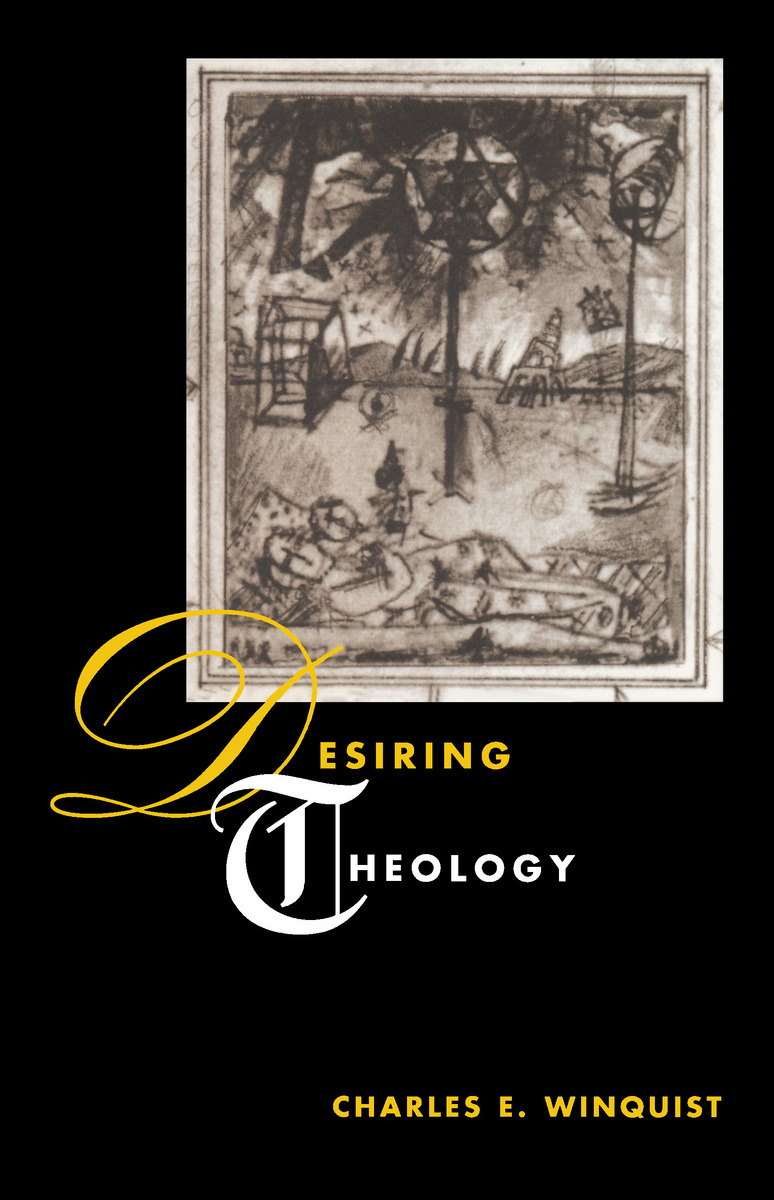
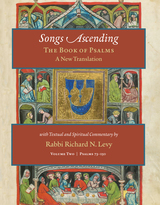
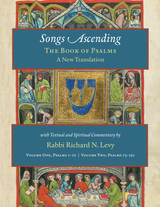
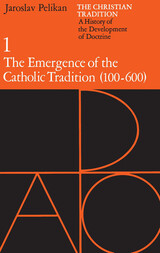
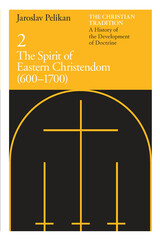
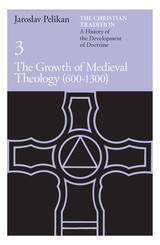
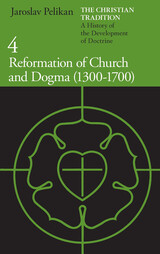
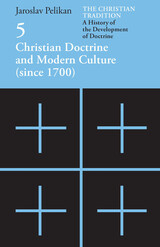
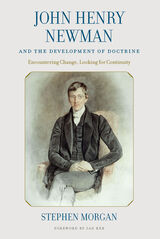

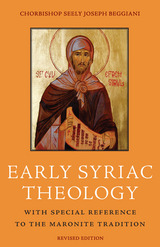

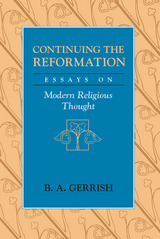

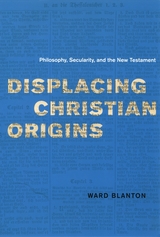
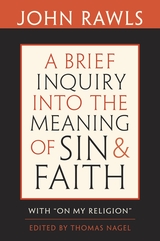
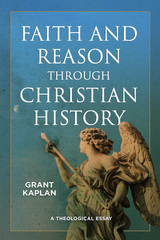
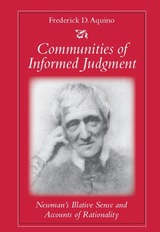
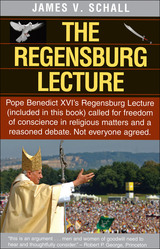
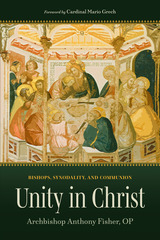
![John of St. Thomas [Poinsot] on Sacred Science: Cursus Theologicus I, Question 1, Disputation 2](https://www.bibliovault.org/thumbs/978-1-58731-410-0-thumb.jpg)
